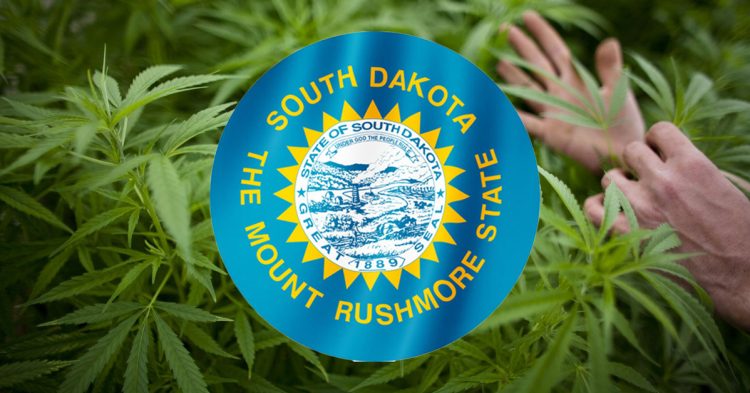On Tuesday, South Dakota lawmakers voted 4-1 to approve a nearly 70% hike in the price of a medical marijuana business license, raising concerns among some stakeholders in the industry. The new rule, which increases the annual fee from $5,310 to $9,000, was met with opposition from Sen. Red Dawn Foster, D-Pine Ridge, who was the only member of the Legislature’s Rules Review Committee to vote against it. The increase was made possible by a bill passed earlier this year, at the urging of the state Department of Health, which oversees the medical marijuana program.
Emily Kerr, the program’s administrator, explained that the fee increase is necessary to cover the program’s growing administrative costs. With the state now averaging around 13,000 cardholders at any given time, and the addition of three new employees to manage the workload, the Department of Health has seen a significant rise in operational demands. These employees are responsible for processing marijuana card applications, inspecting dispensaries and grow operations, and investigating complaints.
“The program has grown and been utilized at a rate that was much faster than initially projected,” Kerr told the committee. She added that there are currently 68 dispensaries, 38 cultivation sites, 18 manufacturing sites, and two independent testing facilities operating within the state, all of which require thorough reviews and regular inspections.
Sen. Jim Mehlhaff, R-Pierre, who moved to finalize the rule change, acknowledged that while the industry supports the fee increase, it is not without its reservations. “The industry is supportive of the fee increase,” Mehlhaff said. “Not necessarily loving it, but understanding it.” The fee hike is expected to generate $346,860 in additional revenue in its first partial year and $490,770 annually thereafter.
Kerr further discussed the fee increase during a recent meeting of the state’s Medical Marijuana Oversight Committee, emphasizing the need for the program to be self-sustaining. “We feel this is necessary to sustain the operations of the program because we are funded completely by fees from cardholders and establishments,” Kerr said. She reassured that cardholder fees would not be increased as part of this rule change.
However, the sharp increase in fees did raise some eyebrows. Marijuana industry lobbyist Jeremiah Murphy noted that a 70% jump is significantly higher than what South Dakotans might expect in other areas, particularly in a state known for its anti-tax and anti-overregulation stance. “That’s really quite a jump in an anti-tax, anti-overregulation state like South Dakota, but that was our commitment because they wrote that law to say that it will be fully self-funding,” Murphy remarked.
Despite the concerns, the program remains a significant source of sales tax revenue, with statistics from the U.S. Department of Health and Human Services indicating that over 93,000 South Dakotans use marijuana, some of whom are served by tribal programs. The oversight committee also noted that marijuana card applications have leveled off and even declined, a trend attributed to the growing market for hemp-derived marijuana alternatives.
During the rules hearing, Sen. Foster questioned the basis of the fee increase, asking if it was calculated or arbitrary. Kerr responded that while the department’s needs were calculated, the increase was also designed to avoid the necessity of annual reviews by the Legislature. “While this is a big jump, we don’t necessarily want to go before the Legislature to talk about fluctuations,” Kerr said.
BREAKING NEWS: Tilray Secures Germany’s First Medical Grower’s License









